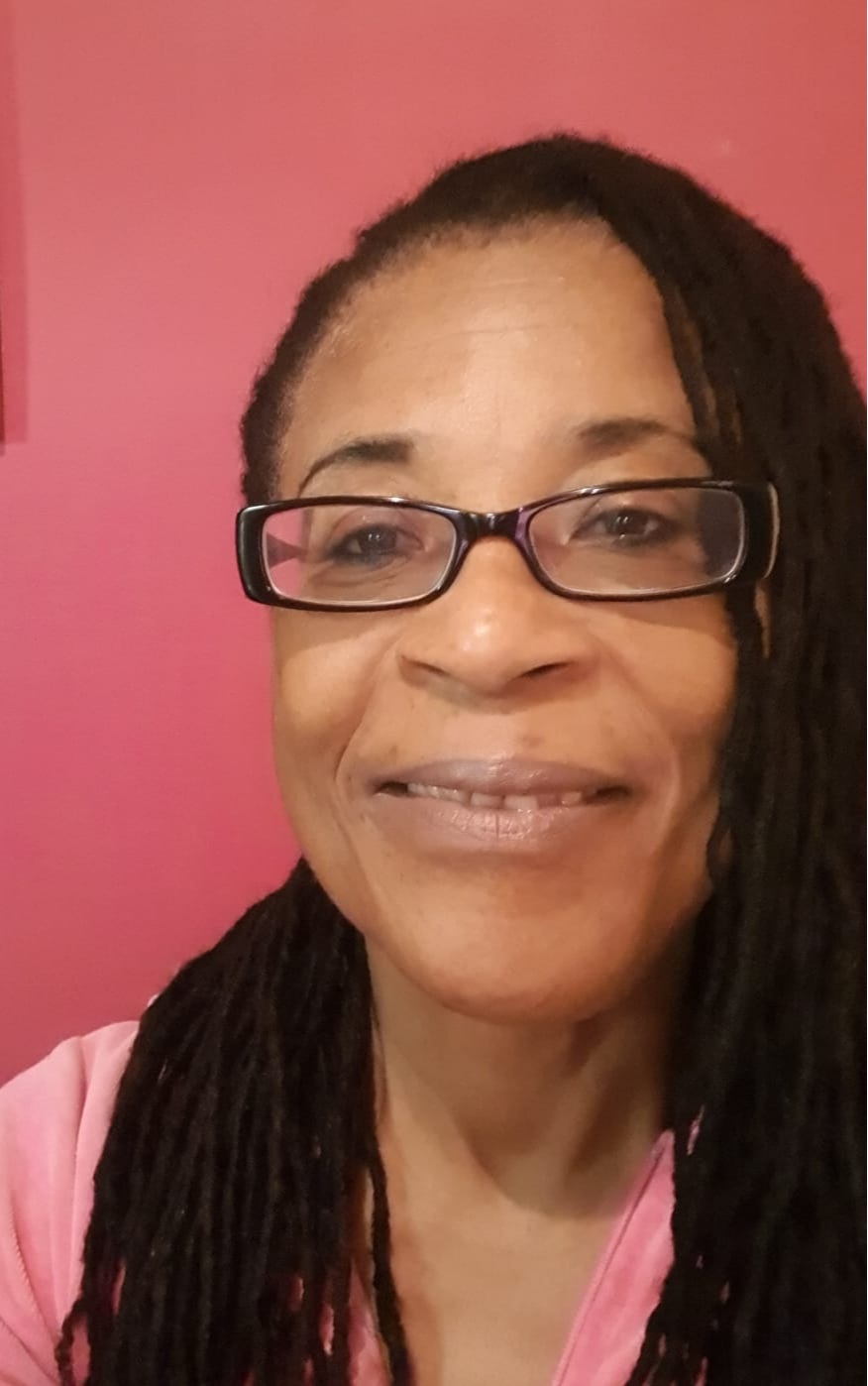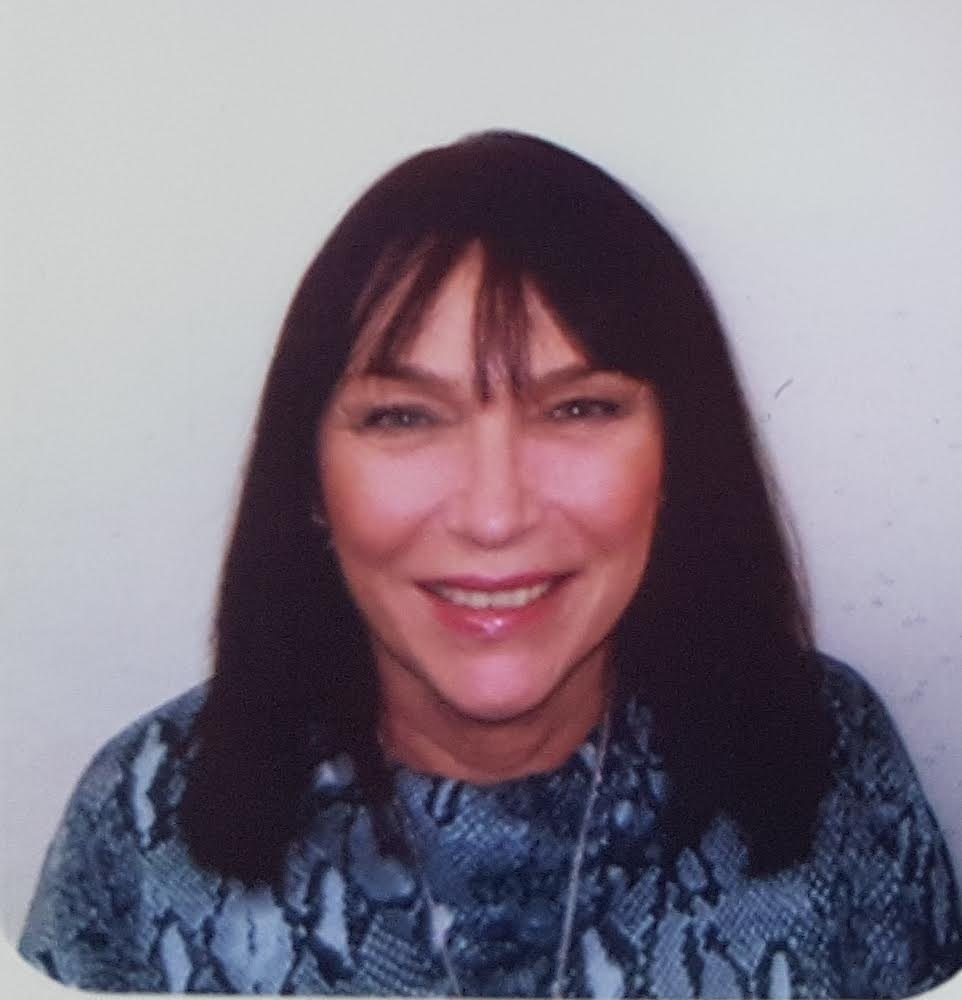This workshop is now SOLD OUT.
Please Note: 20% (£110 saving) discount when booking both this workshop & a Trauma Centre, Trauma Sensitive Yoga 20Hr Foundation Workshop
The body, yoga, mindfulness and neuroscience are themes that dominate contemporary conversations on trauma. These conversations often presume a prior level of expertise or else are so simplified that clinically significant distinctions are lost.
This 5 day workshop is intended to bridge the gap for those without a background in neuroscience or yoga but who wish to understand the current theories on what happens to our brains when we are threatened and how various yoga practices might either help or harm.
The workshop is suitable for:
those offering therapeutic interventions for trauma survivors
yoga teachers wishing to create a more trauma informed practice
those with little or no prior training in neurobiology
those without a yoga/somatic practice
The Yoga Clinic (UK) does not consider those living with the effects of a trauma history, pathologically 'disordered'.
Please note: This program is solely for professional development and is not intended as an intervention for those who have experienced trauma. Talking about trauma, even in the context of a professional training, may be triggering.
Curriculum Overview:
Introduction to Neuroscience & Neurobiology:
The neurological processes by which we come to know and respond to our internal and external world
Interpersonal Safety & Interpersonal Neurobiology:
The neurological processes through which safety is created and experienced
The Effects of Safety - Thriving, Not Just Surviving:
The effects of safety on our cognitive, emotional and biological states
Interpersonal Danger & Interpersonal Neurobiology:
Varieties of danger - interpersonal and non-personal, abuse and neglect, chronic and single incident
The neurological processes through which danger is created and experienced
Surviving Danger:
Fight, Flight, Fawn, Freeze & Dissociation
The neurobiology of our survival mechanisms
The Side Effects of Surviving - Not Thriving:
Neurobiological theories for Post Traumatic Stress Disorder, Complex PTSD, Developmental Trauma, Dissociative Identity Disorders and Personality Disorders
Trauma Sequelae:
Neurobiological theories for the varieties of secondary trauma symptoms, including addiction, self-injurious behaviours, somatisation, foggy thinking and attentional issues, insomnia, sexual dysfunction, autoimmune disorders
Trauma Informed Practices:
Locating distress/locating blame - "what happened to you?" Vs "what is wrong with you?"
Attending to power dynamics and enabling agency
The Spectrum of Trauma Treatments:
Cognitive approaches to trauma processing - limitations and applications
Somatic approaches to trauma processing - limitations and applications
Psychoeducation
Yoga - A Relational Practice for a Relational Brain:
The 8 Limbs of Yoga (Ashtanga Yoga) as a psychological practice
Contemporary yoga and secular mindfulness
Yoga and Re-Traumatisation:
Yamas, Niyamas & moral judgement
Asana, Pranayama and physical assists
Meditation and dissociation
Ahimsa/The Hippocratic Oath, Scope of Practice
Yoga for Trauma Survivors:
Trauma Sensitive Yoga - somatic dissociation and embodiment
Trauma Informed Yoga - mindfulness, affect regulation, empowerment
Self-practice and group practices
General yoga classes for trauma survivors
Theoretical Frameworks:
Polyvagal Theory
Attachment Theory
Interpersonal Neurobiology
Classical and Operant Conditioning
Neuroplasticity
Cognitive Neuroscience
The Yoga Sutras
This workshop will be delivered using a number of teaching mediums:
Seminar style with accompanying slides and handouts
Case histories & lived experience
Teaching examples
Clinical examples
Small and large group brainstorming/discussion
Experiential Education
Teaching Practice
Q & A sessions
Expert by Experience/Training, Panel Discussion (as part of an ongoing conversation that is The Critical Yoga Project)
Expert by Experience/Training, Panel Discussion
Friday afternoon - an opportunity for students and the panel to share insights and experiences.
We will be joined by Ulanah Morris, Dr Amy Jebreel, Maria Diminieu & Sue Morgan.
Ulanah Morris works with The Recovery College, Camden and Islington NHS Trust as a Professional and Peer Recovery Tutor.
“I am responsible for facilitating and co-producing person-centred experiential workshops with vulnerable adults who are on a mental and physical health recovery journey. I also have a private practice as a Mindfulness Facilitator, Spiritual counsellor, Interfaith Minister and Celebrant.
My professional and educational background is in Psychology and Education, Holistic Therapy and Art Therapy (including Breath-work and Rebirthing) and Spiritual Counselling and Mindfulness Based Addiction Recovery Training.
Yoga and meditation has been part of my life for many years since I encountered it at 15 years old. I now have a consistent, daily practice of Kundalini Yoga.
Over the years intensive practice has taken me through numerous upheavals and significant moments. The calm, grounded-ness, increased sense of lightness as my consciousness expanded was profound and life-enhancing. Yoga has been a source of peace, healing, empowerment, courage, strength and resilience, and has supported my journey through a world which can be unequal and unjust.
All roads have always led back to Yoga and body-work. Somatic practices have been a deeply transformative tool for support and healing through the traumatic experience of entering the UK as an immigrant and living here as a Black child and woman.
Through Yoga I’ve been enabled to bring courage, calm, compassion and equanimity to the service of my work with vulnerable adults and children with complex needs. I’ve been able to support numerous groups and individuals in realising themselves, finding Light within darkness and living with Hope and a sense of possibility.”
Dr Amy Jebreel is a dual-trained consultant psychiatrist in Old Age and Adult Psychiatry. She is the Consultant Psychiatrist for a Community Mental Health Team in Haringey, which has a specialism in PTSD.
Amy is a clinical lead for a participating team in the national ODDESSI Open Dialogue trial and one of the trials’ Principle Investigators.
Amy is a keen proponent of trauma-informed care and integrative psychiatry. She has a personal meditative practice and is a regular attendee of Gaia House.
Maria Diminieux works with One Place East as a Peer Dialogue Facilitator.
One Place East is a user led organisation offering a range of services to those seeking support with their mental health needs.
Services offered by One Place East include:
Run Up: A mental health user group whose principal aim to ensure mental health service users are involved in the provision of services.
Next Steps Project: focused on developing and promoting the skills, confidence and capacity of people with lived experience of mental health problems.
Peer Dialogue Support Group: a trauma informed support group for those in mental health crisis. Peer Dialogue Facilitators are those with a lived experience of surviving crisis and rebuilding their lives.
Sue Morgan works as a Peer Trainer for North East London NHS Foundation Trust at Waltham Forest Recovery College and a facilitator of a Peer Dialogue Support Group for One Place East.
“I have a great passion for helping others with their mental and physical wellbeing, have trained in NLP, META-Health, EFT, Matrix Reimprinting and currently undertaking the 3 year professional trauma training programme in Somatic Experiencing working with the nervous system.”
Possible topics:
the experience of mental health service users/service providers, particularly within the NHS
the experience of those with varieties of trauma backgrounds
the experience of those that are from non-white communities/racism as relational trauma
the experience of those that are from non-heterosexual communities/homophobia as relational trauma
trauma informed approaches to chronic and enduring poor mental health including the Open Dialogue approach to psychosis
the role of somatic approaches to mental health & their place in trauma informed care
This panel will be part of an ongoing conversation that is The Critical Yoga Project
Accreditation & Professional Development:
Accredited by The Yoga Clinic (UK): letter of completion
Delivered by The Teaching Faculty, The Trauma Centre: Alexandra Cat
Alexandra Cat holds degrees in Experimental Psychology, (Oxford University) and Philosophy of Cognitive Science (Sussex University).
She is a member of the teaching faculty for The Trauma Centre's (Boston, USA) program in Trauma Sensitive Yoga and is a regular guest lecturer on a variety of NHS Medical Education Programs.
Alex has worked as a yoga teacher since 2001. She offers trauma informed yoga practices for trauma survivors - The Yoga Clinic (UK).
Please see here for Alex's full resume.
VENUE DETAILS
Please click through to read about Jamyang Buddhist Centre.
Jamyang offers accommodation as well as incorporating a beautiful cafe. All food is freshly prepared, seasonal & locally sourced from Sutton Community Farm.
Note: Jamyang is home to a Buddhist cat, is a smoke free space and is fully wheelchair accessible.
BOOKING DETAILS
Each day will run from 10:00 - 16:30
Students will be booking for the whole 5 days.
There are 4 booking options.
UK Bursary Bookings - £250
UK Bookings - £550
UK Bookings when also booking a 20Hr TCTSY - £440
International Bookings - £560*
*International students are asked to pay an extra £10 to cover a currency processing fee.
Bursary Places:
Four bursary places of £250 per person are available. These bookings must be paid for via a sterling (£) account.
These places are for people who fulfil all of the following criteria:
residing in the UK
would not otherwise be able to afford to attend the workshop
privately funded
are working as a Peer Worker or Expert by Experience within mental health services. A mental health peer worker is someone employed on the basis of their personal lived experience of mental illness and recovery.
Applications for a bursary place must be submitted by Nov 1st 2019.
Successful applicants will be notified of their offer by Nov 15th 2019, latest.
Offers will be made to eligible candidates on a first come, first served basis.
*if you are being funded through your place of work, please ask your employer to contact Alex Cat by email
Payment Plans:
Payment plans for UK & bursary places will be available. Because each instalment will incur an international processing fee, we do not offer a payment plan for non-sterling (£) accounts
Please note: The Yoga Clinic (UK) does not consider those living with the effects of a trauma history, pathologically 'disordered'.
This program is solely for professional development and is not intended as an intervention for those who have experienced trauma. Talking about trauma, even in the context of a professional training, may be triggering.



